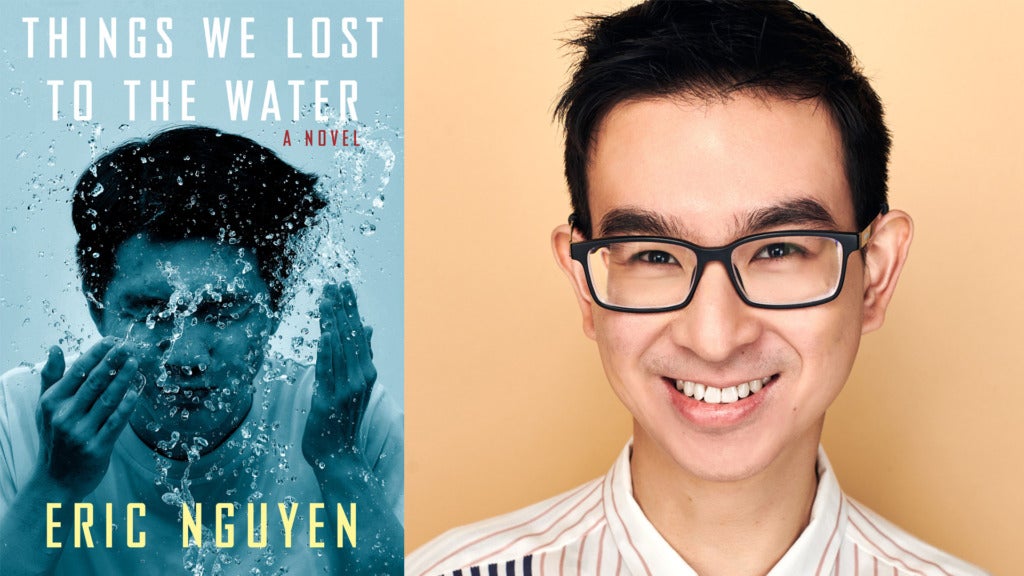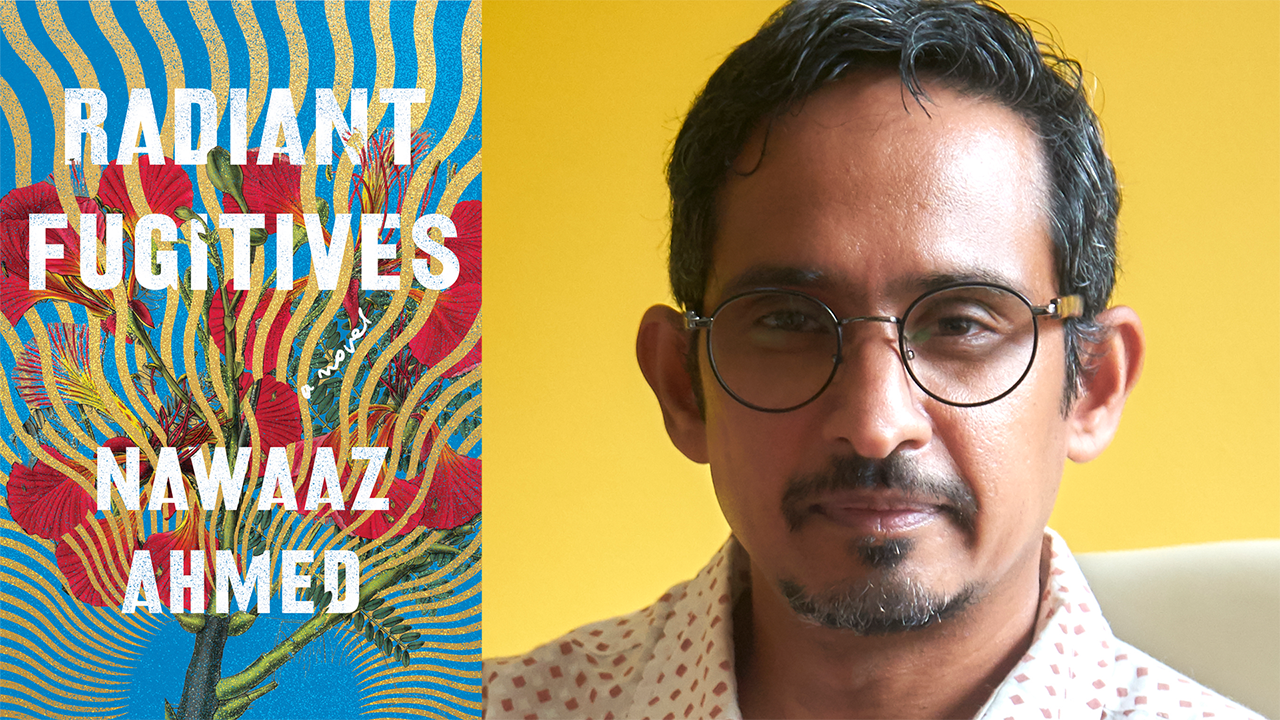In November, Aspen Words announced the longlist for the fifth annual Aspen Words Literary Prize, a $35,000 award recognizing a work of fiction that addresses a vital social issue. The selected books explore questions of freedom and identity, exile and belonging, and are set against the ravages of colonialism, consumerism, and classism. While the jury works on selecting a shortlist, Aspen Words chatted with the nominees about their work, how they view their role as a writer in this cultural and political moment, and the best piece of writing advice they’ve received.

Eric Nguyen is a writer who lives in Washington, DC. His first novel, Things We Lost to the Water features characters who are immigrants to the United States of America: a mother and two sons. It details the racism they face as Vietnamese people living in Louisiana, and the differences in assimilation between the older generation and the younger.
How do you view your role as a writer in this cultural and political moment?
In a year where anti-Asian sentiment has become more visible, my role as a writer—specifically as an Asian-American writer—is to tell stories about the Asian-American community. For too long, Asian-Americans have been left in the background and our experiences ignored or erased. Stories give us a chance to be the main character and to explore the nuances of communities and individuals. I am one voice of many, adding to what Viet Thanh Nguyen calls “narrative plenitude,” and I am happy to be part of the community and history of storytellers who are reminding other Americans that we are here, we have always been here.
What inspired you to write Things We Lost to the Water?
Growing up, I knew very little of my parents’ history, how they found themselves in the United States, and, ultimately, how I found myself here. Things We Lost to the Water was my attempt to learn more about that history, to imagine what it could have been like to be a refugee, and to revisit the experience of growing up Vietnamese American.
What is the core tenet of your book’s philosophy?
Most of the time, you can’t control what happens to you and the circumstances of your life. Your choices will not always work out or be the right choice. We are all trying our best. Maybe the philosophy behind my book is to remember that each of us has a story and history attached to us. We, all of us, are more than what we seem.
What’s the best piece of advice you’ve received on writing fiction?
Read everything. Read things outside of the genre you write. Read things that you think you have no interest in. Read good books. Read bad books. All of these have lessons for you to learn as a writer.
What are you currently reading?
“Beautiful Country” by Qian Julie Wang


